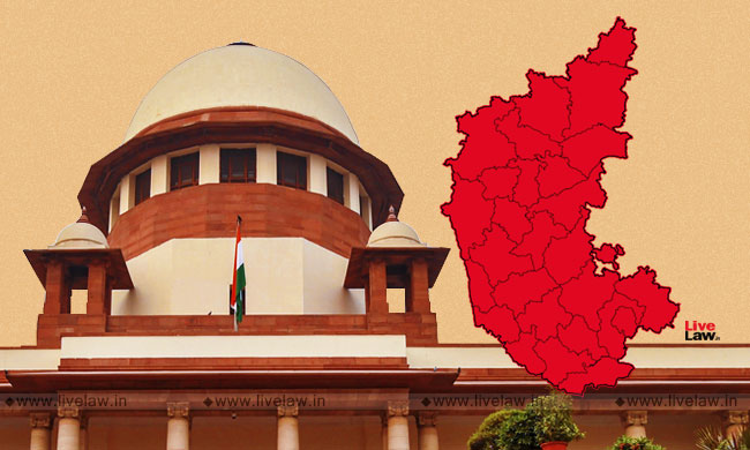Maharashtra Govt Formation : Deja Vu Karnataka Assembly Case?
LIVELAW NEWS NETWORK
24 Nov 2019 9:59 AM IST

Next Story
24 Nov 2019 9:59 AM IST
As the Supreme Court is set to hold a special urgent sitting today at 11.30 AM to decide the legality of Maharashtra government formation, it is pertinent to recall a case which bears striking similarities to the present situation.It is the case relating to Karnataka government formation in 2018, in which orders were passed by the apex Court after a rare midnight intervention.The results...
